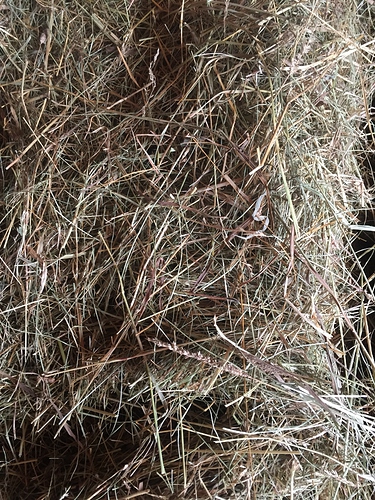I’m planning a move to Florida with my ponies and would appreciate any suggestions for things I need to have in terms of barn setup and infrastructure. One is a hard keeper, one is moderate and the other is easy. I’m already planning on installing some Nelson waterers that I have and would also like to have at least 1 misting fan. Any other ideas for helping them be more comfortable with the heat?
Will the longer sunlight hours actually affect their coat growth or should I plan on clipping?
Right now they get native grass hay, which is quite fine. I’m not sure how similar this is to the Coastal Bermuda that I’ve heard bad things about. Anyone know if native Maine grass hay is similar to Coastal Bermuda?
Feed wise I only feed alfalfa cubes, TC’s golden flax and a custom mineral mix. Are Semican alfalfa cubes, or something similar available? Are Triple Crown products available? Should I plan to keep feed in the house in air conditioning? I go through 100lbs of alfalfa cubes every 2 weeks, but it takes 2 months to go through a bag of flax.
Right now I buy a year’s worth of hay & put it up in my hay loft, which I know I can’t do in Florida. How should hay be stored & for how long?
Is it too hot for black ponies to be comfortable with fly sheets?
Is there anything Florida-specific that I should have in terms of First Aid supplies?
Should I plan on having a more impervious perimeter fence, like woven no-climb, if I wind up near any water to protect from gators? Or is electric tape sufficient? My smallest pony is about 260lbs and my largest is about 625lbs.
Vaccination wise, is there anything else to be concerned about other than EEE, WEE, WNV, tetanus & rabies? I have no intention of doing any showing at all.
Should I plan on having an electrolyte on hand to give them while they adjust? Suggestions for one that doesn’t contain sugar?
If they’re used to the pasture up here should I plan to do a very slow transition to Florida pasture or a faster one?
Anything else I should know that I haven’t asked?



